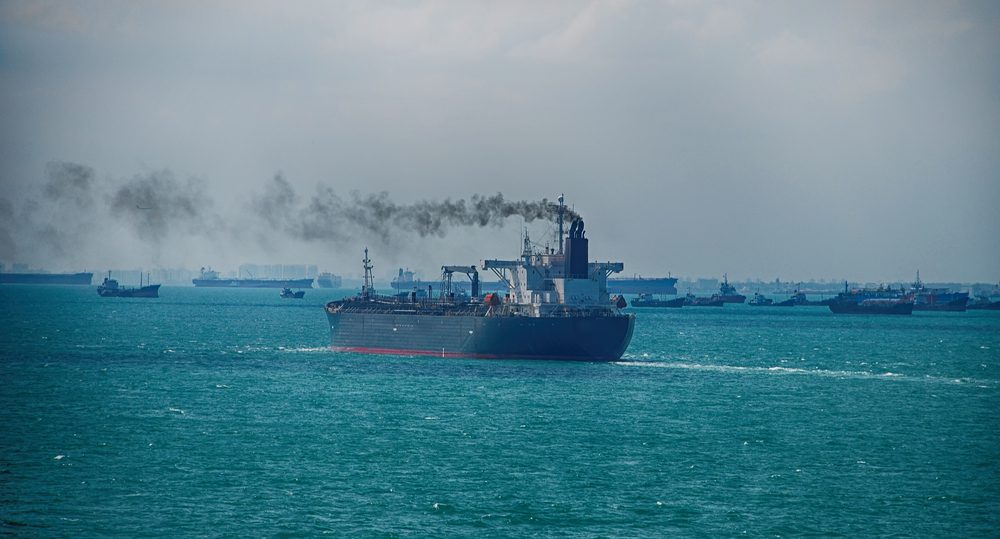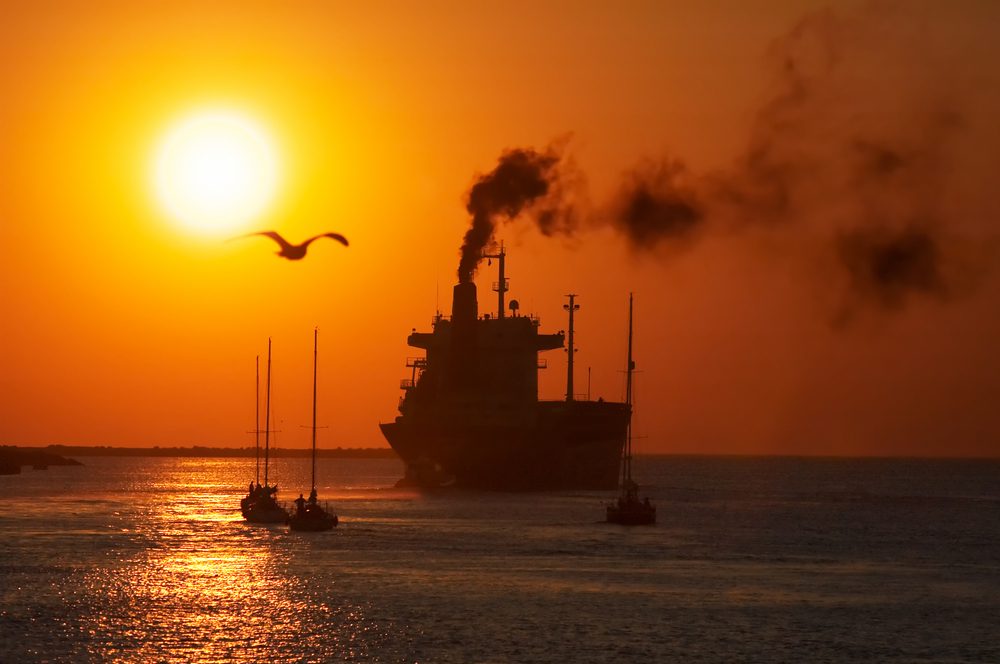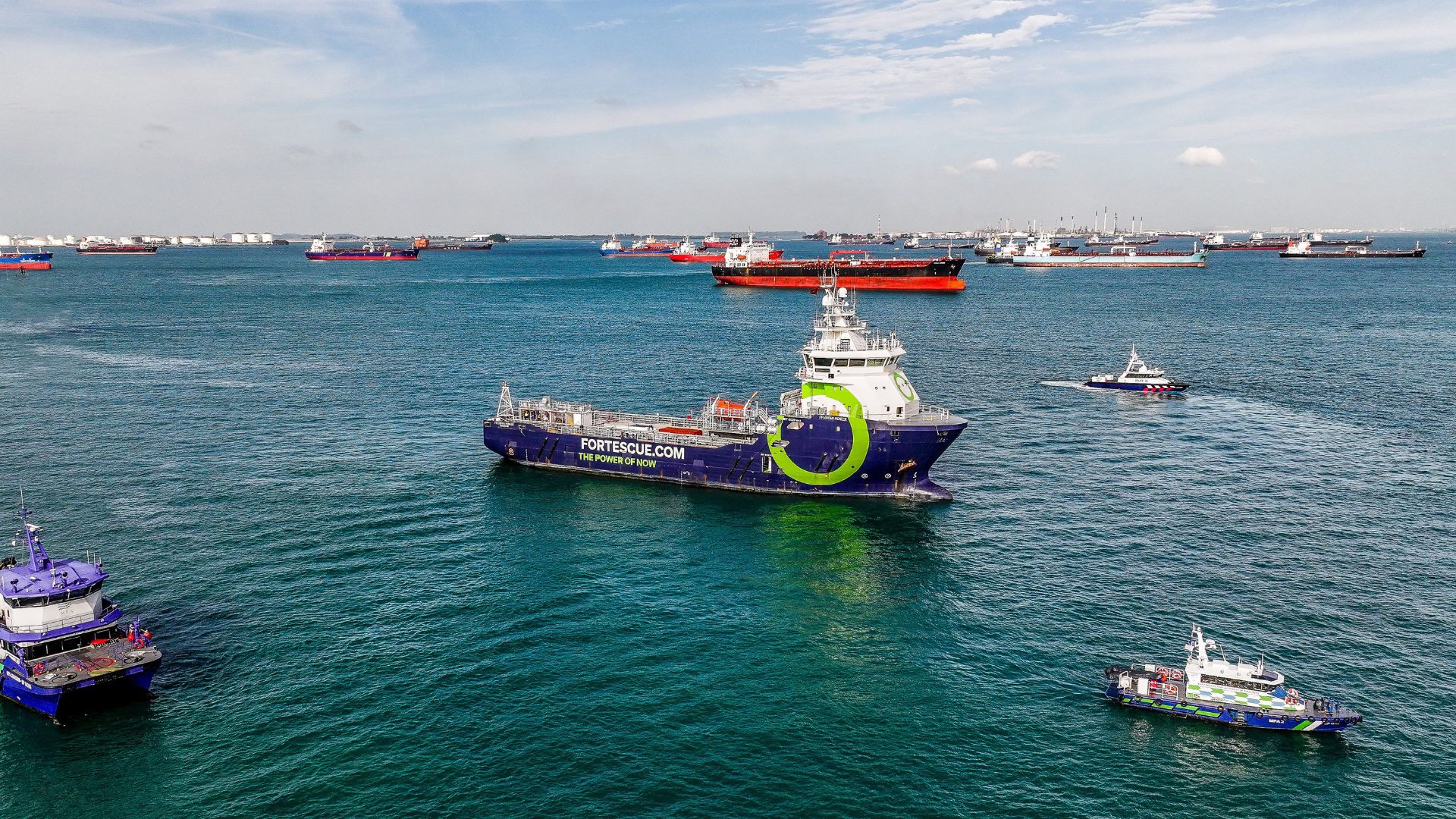Photo: By Mr Nai / Shutterstock
By James Gibney and Clive Crook (Bloomberg View) — When almost all the world’s governments agreed in Paris more than two years ago to address climate change, they sidestepped an important issue: carbon emissions from international shipping. Next week in London, they have a chance to put this right.
Shipping is by far the most energy-efficient mode of transport, and it moves some 80 percent of world trade by volume. However, the fuel it uses is hard on the environment and human health — and ships last a long time, so deploying cleaner fleets takes time.
Already, international shipping accounts for about as much carbon dioxide each year as Germany’s whole economy. On current trends, its share of the total will rise quickly. It could account for roughly 15 percent of the global carbon budget set by the Paris accord for 2050.
Next week, the International Maritime Organization is expected to announce a strategy for reducing these emissions. The plan is unlikely to be bold. Countries including Argentina, Brazil, India, Panama and Saudi Arabia are resisting carbon dioxide targets for shipping. Unsurprisingly, the industry itself is also opposed.
Despite this resistance, the IMO needs to be ambitious. Ultimately, the most cost-effective approach would be to put a tax on carbon, and let that guide investment and innovation. But devising and implementing an international carbon-price system won’t be done overnight. In the short run, the IMO ought to propose a variety of useful course corrections.
For instance, slower transits and/or bigger ships would cut emissions; so would reducing the time vessels spend waiting to unload. California has mandated the use of cleaner onshore power for ships in port. Subsidies and port-fee reductions could be deployed to encourage use of electric barges and ferries.
Taken together, innovations such as these could make a real difference while easing the path to a more comprehensive solution. The main thing next week is to acknowledge that confronting climate change is too urgent a goal for any sector of the global economy to be given a pass.
–Editors: James Gibney, Clive Crook.
© 2018 Bloomberg L.P
Editorial Standards · Corrections · About gCaptain
This article contains reporting from Bloomberg, published under license.

 Join The Club
Join The Club











